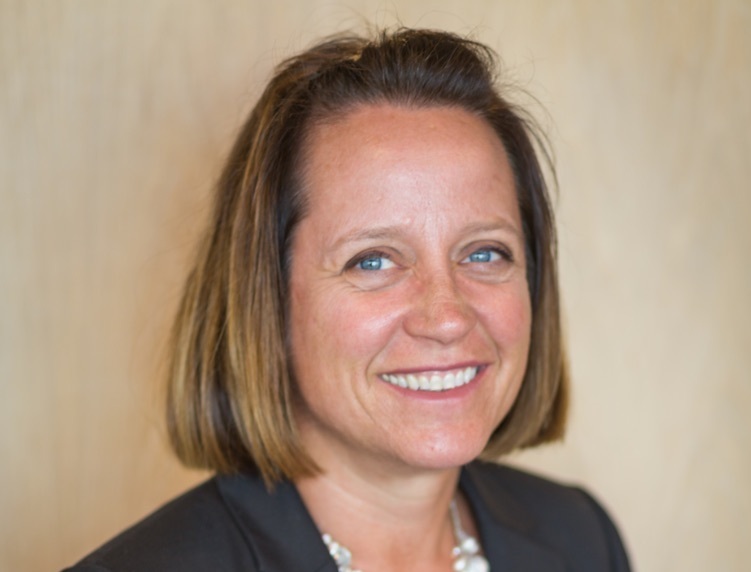A life of Social Learning

Social learning as an idea has been around for decades, but the pandemic has really brought the concept forward
Social learning as an idea has been around for decades, but the pandemic has really brought the concept forward as the education world is now completely rethinking the way teaching and learning is delivered. Consider that you’ll rarely find an online class that does not feature some kind of required class participation. However, social learning is much more than just the discussion portion of an online course and it’s happening all the time. The theory suggests that we learn from others and that the learner is not a passive participant in the process. It’s about engaging with those around us in all social forms and in many different contexts, including social media. Social learning is everywhere.
Learning is also personal. As an introvert, I naturally prefer to learn on my own and seldom participate in face-to-face or live discussions, unless it’s required. I am more willing to participate online and in my experience, although I don’t gravite to online discussions, I do find that I learn from the social interaction. This is due to the fact that discussion based models are well known in higher education as an effective engagement approach. It’s interesting too, that the FutureLearn ‘Future of Learning’ report found that almost half (49%) of UK adults believe online learning is better for introverts. I wholeheartedly agree as online discussions enable introverts like me to craft our responses and respond at our own pace.
Despite being an introvert, I realize that I am indeed an avid social learner. The catalyst for me recognizing this was through a number of small but powerful social exchanges with people in my life. For example, I participated in social learning when I watched a Ted Talk video about “first impressions” which I then shared with my friend over WhatsApp, starting a conversation where we exchanged our ideas on the subject. Then I read an article about relationship fatigue (Zoom burnout) and shared it over Slack with my coworker, which led to an engaged discussion about life and work challenges, the future, and how women are perceived in the workplace. It was a lightbulb moment – this is social learning and it’s not limited to a specific learning environment or a technology product. It’s how we share and learn together.
Social learning is Facebook, it’s Instagram, it’s YouTube, it’s email, it’s FutureLearn
Social learning is Facebook, it’s Instagram, it’s YouTube, it’s email, it’s FutureLearn. Our “Future of Learning” report found that in all surveyed countries, participants use social, digital platforms for self-education. We see this in our daily lives as adults are increasingly turning to social media platforms to educate themselves, signaling a need for expert-led online courses that have the social aspect embedded within them from the start. Additionally, according to the report, “younger generations are more interested in seeing educational features on social media platforms, with 30% of Millennials, 29% of Generation Z reporting they would like to see this technology.”
The results are striking. FutureLearn’s survey found that nearly a quarter of people globally (23%) are planning to access education features on social media platforms in the future for learning; including the shop tab feature on Instagram, the “marketplace” function on Facebook, and the “Topics” feature on Twitter. With nearly half of the global population citing a desire to have a positive impact on their community (46%) and the world (44%), there is on-going enthusiasm to learn about important topics”, what does this mean for the future?
The power of social learning and the importance of others in our learning process
This got me thinking about the power of social learning and the importance of others in our learning process. It’s the idea that there is no such thing as a “self-made” individual in that everyone has help from someone else. The social element is important, in fact crucial. Arnold Schwarzenegger doesn’t call it social learning in his viral commencement speech but he does talk of the nature of social learning and the power of others to help you in your life. “None of us can make it alone,” says the Governator (as we used to call him when he was the Governor in California), “not even the terminator who went back in time to save the human race.” But it’s not just social interaction, it’s relationships. In the book, The Power of Other (Cloud), the author asks “If you are trying to reach a goal, do you focus only on your strategy or to whom you are going to engage to help you get there?” (Cloud, Kindle, pg 50)
This is supported by a recent internal learner study performed by Matt Jenner, our Director of Learning at FutureLearn. Learners report having a positive experience related to social aspects of their learning journey. They tell us that other learners provide an important feature of the FutureLearn experience that helps them engage with the material. FutureLearners “maximize learning with, and from, other people in the content, team, cohort and social experience.” Other people provide ‘great’, ‘useful’ and ‘interesting’ links which learners really appreciate and are ‘very helpful’. Learners value the opportunity to share and receive information from others that contains ‘practical’ and ‘useful’ tips which they find ‘helpful’ and ‘valuable’. This is social learning.
I’ve realized that we are all social learners in every aspect of our lives
In conclusion, I’ve realized that we are all social learners in every aspect of our lives. Whether it’s asking for a restaurant recommendation from a friend, sharing a YouTube video, discussing an article over email or participating in a more formal social learning course, like FutureLearn, we all need others to help us progress. So, where do we go from here? See if you can be a social learner today and share what you’ve learned.
This is social learning. This is Future Learning.
Holly Shiflett, PhD, Director of Partnerships, FutureLearn











Responses